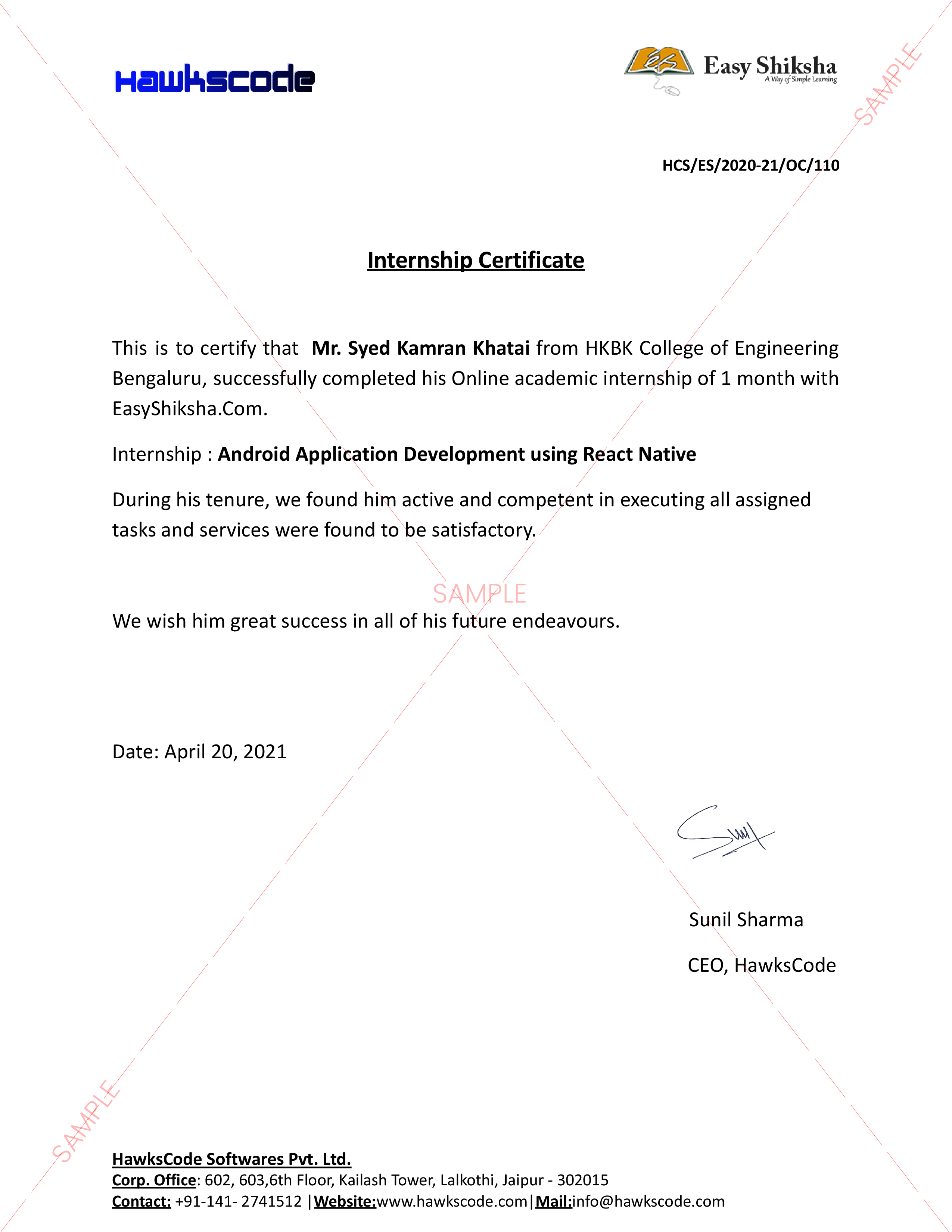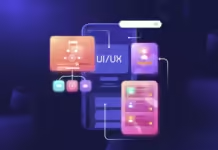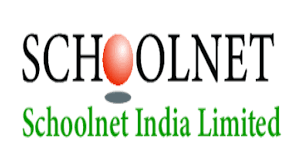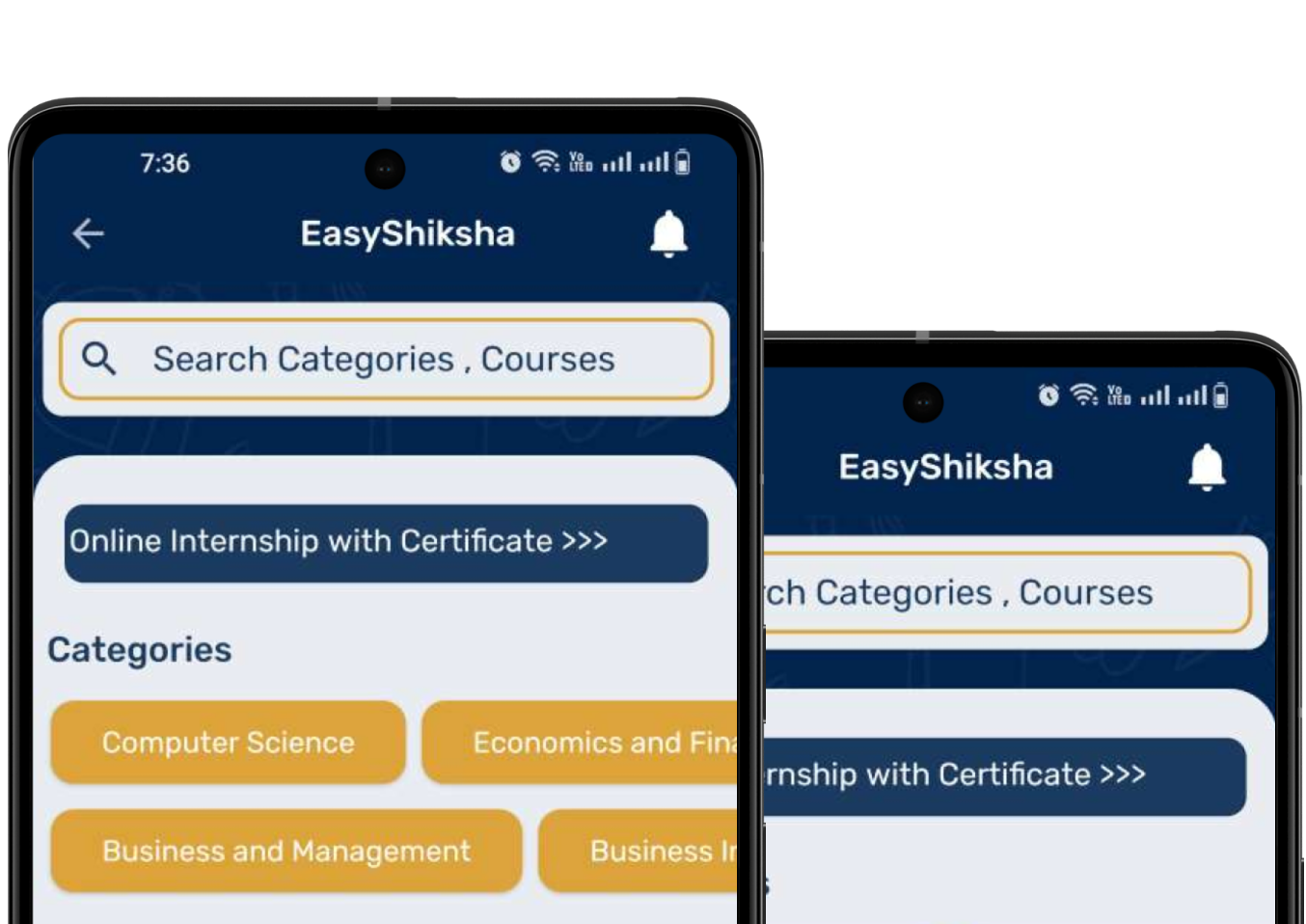The survey recorded annual spending on education from parents across four income groups
Key Survey Findings:
- Average expenditure on school tuition fees is barely INR 5,000 among parents form the Next Billion-1 category (Annual household Income of INR 1.5L to 4L) and 37% parents from this group opt for free government schooling for their children. Quality education is out of reach for many.
- Families with low annual household income (INR 1.5L to 4L) also have limited access to allied services such as co-curricular activities and the internet that enable a holistic model of after-school supplementary education for their child. These families spend on an average INR 1,000 per annum on allied services – less than one third of the spend (INR 3,650) by families with AHHI of 4L-10L.
The average annual expenditures on the education of the youngest child across the four income groups surveyed are shown below:
| Income Group (Annual HHI) | In-School Expenditure | Allied Expenses (Co-curriculars, Sports, Internet etc.) | After-school Expenditure (Supplementary education products) |
| Next Billion 1 / NB 1 (INR 1.5-4L) | 13,000 | 1,000 | 9,000 |
| Next Billion 2 / NB 2 (INR 4-5L) | 31,000 | 3,500 | 16,000 |
| Aspirer (INR 5-10L) | 35,000 | 3,800 | 16,000 |
| Affluent (INR 10-20L) | 53,000 | 5,800 | 20,000 |
National, July 29, 2022 – Schoolnet India Ltd., a leading EdTech service provider working to improve access to quality education for all, shared some more insightful findings from its survey ‘Understanding Indian School Education Spends Landscape’. The study was conducted in collaboration with PGA Labs on the overall spending on a child’s education (In-School and After-School) in India across 4 income groups.
In-School Spends:
The survey reveals that on average, affluent parents spend INR 53,000 on their child’s education in school, including school fees, transportation, and other expenses. Parents from the middle and bottom of the pyramid (MBOP) (NB1 and NB2) spend an average of INR 13,000 and 31,000 respectively on the same. Additional findings of the survey showed that 13% of parents from the affluent group spend more than INR 1, 00,000 on school fees each year, while 5% of Aspirers spend the same amount.
When it came to spending on only school tuition fees, the Schoolnet survey showed that 37% of parents from the NB1 group did not record any expenditure – they send their children to government schools offering free education. Other income groups recorded a minimum of INR 5,000 spent annually, with an average spend of INR 18,000.
Allied Expenses:
Taking into consideration the recent up-take in after-school education post-pandemic, the survey sought to understand the expenditure incurred by parents on enabling services, including expenses on co-curriculars, internet access, sports activities. These are activities that make the after-school education system more holistic in nature. The findings showed that the NB 2 group and Aspirers match the average spending at ~INR 3,600, while parents in the NB 1 group spend less than one-third of that at INR 1,000 annually.
After-school Spends:
The survey reveals the differences in purchasing capacity for after-school supplementary products, where NB 1 families spend an annual average of INR 9,000 versus Aspirers and Affluents spending INR 16,000 and INR 20,000 respectively.
While 32% of parents from the NB1 category spend between INR 10,000 and 20,000 on their youngest child’s after-school education, this figure goes up to ~50% for the higher income groups. In particular:
- NB 2 – 51%
- Aspirers – 46%
- Affluents – 47% (with 33% spending more than INR 20,000)
Comparing the expenditure on coaching fees between the top and bottom of the economic pyramid, 9% of Affluents spend below INR 5,000 annually compared to 40% of NB1 parents spending the same amount. The majority of Affluents (65%) spend a minimum of INR 10,000 annually on coaching, while ~60% of families in the MBOP segment spend less than INR 10,000.
Expressing his thoughts, Mr RCM Reddy, MD & CEO, Schoolnet said, “Education or rather quality education is a fundamental right that the Indian constitution provides to every child, irrespective of one’s financial situation. Through our survey, we have seen a willingness from parents across all the four bifurcated income groups to spend on their child’s education to enhance their learning process. At Schoolnet, we are committed to the same and with the help of this data, we will be able to work towards delivering quality affordable education to students across the middle and bottom of the economic pyramid.”
About Schoolnet:
Schoolnet India Ltd is one of India’s leading, largest, and oldest EdTech service providers, with a presence in 40,000 schools and 15 million learners. Schoolnet is providing digital and digitally-enabled education services to K-12 schools and students in the Middle and Bottom of the Pyramid (MBOP). Schoolnet owns 80% of Learnet Skills a market leader in the Indian skill development sector, and has recently incubated a new entity, GoodWorker in partnership with Temasek-owned Affinidi, to provide AI-enabled job matching for blue-collar workers and their potential employers.
About PGA Labs:
PGA Labs is a technology-enabled business research & intelligence services firm that specializes in driving decisions from on-ground insights. Their teams are multifaceted with a unique mixture of qualitative, quantitative, and digital research experts. With a holistic approach focusing on the “What and Why”, they are able to extract relevant insights from data by employing advanced technology tools and innovative data gathering approaches. Their clients use their capabilities to generate competitive / market insights for the sectors they operate in, sectors they want to expand to, or the sectors of interest for their portfolio companies.
About the Study:
This study seeks to understand the educational spending and purchasing capacity for supplementary education, particularly online, in India. It was a cross-sectional survey of 1,174 parents across 91 cities (Tiers I, II, III, and IV). The survey, conducted between November 2021 and February 2022, focused on the educational spending and preferences of the youngest child (Grades 3-12). The annual household income was a key screening criterion with a focus on families in the middle and bottom of the economic pyramid.
Visit https://easyshiksha.com/online_courses/ for new updates.

































































